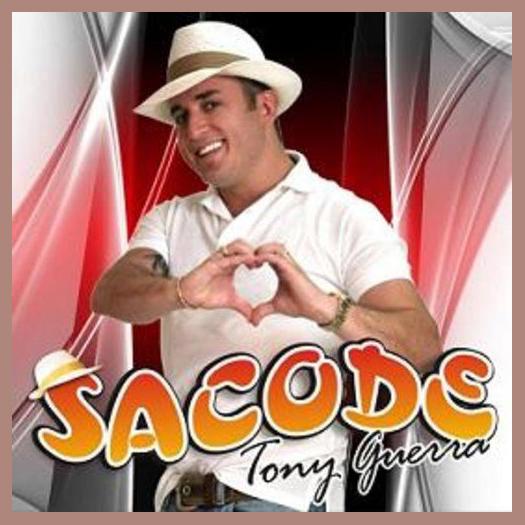 Forró Sacode
Forró Sacode
Forró Sacode: A Saga of Music, Controversy, and Redemption
Musical Origins and Meteoric Rise
Forró Sacode emerged from the vibrant northeastern Brazilian music scene in the late 1990s. Led by the charismatic vocalist André Marim, the band quickly gained a loyal following with their infectious rhythms and heartfelt lyrics. Their breakout hit, "Perdoa-me," became an instant sensation, propelling them to national stardom.
Challenges and Controversies
Forró Sacode's early success was not without its challenges. Drug addiction and personal struggles plagued the band members, threatening to derail their meteoric rise. However, fueled by their passion for music and the support of their fans, they persevered through these trials.
Controversy also dogged the band. Their provocative lyrics and energetic performances were met with both praise and criticism. Some accused them of promoting promiscuity and materialism, while others hailed them as champions of the working class.
Discography and Musical Legacy
Despite the challenges, Forró Sacode continued to release a steady stream of hit records throughout the 2000s. Their discography includes albums such as "Só Pra Quem Tem Fé," "Voltei pra Ficar," and "Tô no Clima." Their music blended traditional forró rhythms with modern influences, creating a unique and captivating sound.
Member Changes and Redemption
Over the years, Forró Sacode has undergone several member changes. However, Marim has remained the band's constant presence. Through his unwavering dedication and commitment to sobriety, he has guided the band through its darkest hours and led it towards redemption.
Today, Forró Sacode is a respected and beloved force in Brazilian music. They have overcome adversity, embraced change, and continue to inspire their fans with their powerful and uplifting performances. Their legacy as one of the most influential forró bands of all time is secure.
Members
* André Marim (vocals)
* Emerson Rodrigues (bass)
* Ricardo Alves (accordion)
* Felipe Cunha (zabumba)
* Dinho (triangle)
Musical Origins and Meteoric Rise
Forró Sacode emerged from the vibrant northeastern Brazilian music scene in the late 1990s. Led by the charismatic vocalist André Marim, the band quickly gained a loyal following with their infectious rhythms and heartfelt lyrics. Their breakout hit, "Perdoa-me," became an instant sensation, propelling them to national stardom.
Challenges and Controversies
Forró Sacode's early success was not without its challenges. Drug addiction and personal struggles plagued the band members, threatening to derail their meteoric rise. However, fueled by their passion for music and the support of their fans, they persevered through these trials.
Controversy also dogged the band. Their provocative lyrics and energetic performances were met with both praise and criticism. Some accused them of promoting promiscuity and materialism, while others hailed them as champions of the working class.
Discography and Musical Legacy
Despite the challenges, Forró Sacode continued to release a steady stream of hit records throughout the 2000s. Their discography includes albums such as "Só Pra Quem Tem Fé," "Voltei pra Ficar," and "Tô no Clima." Their music blended traditional forró rhythms with modern influences, creating a unique and captivating sound.
Member Changes and Redemption
Over the years, Forró Sacode has undergone several member changes. However, Marim has remained the band's constant presence. Through his unwavering dedication and commitment to sobriety, he has guided the band through its darkest hours and led it towards redemption.
Today, Forró Sacode is a respected and beloved force in Brazilian music. They have overcome adversity, embraced change, and continue to inspire their fans with their powerful and uplifting performances. Their legacy as one of the most influential forró bands of all time is secure.
Members
* André Marim (vocals)
* Emerson Rodrigues (bass)
* Ricardo Alves (accordion)
* Felipe Cunha (zabumba)
* Dinho (triangle)